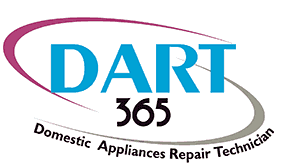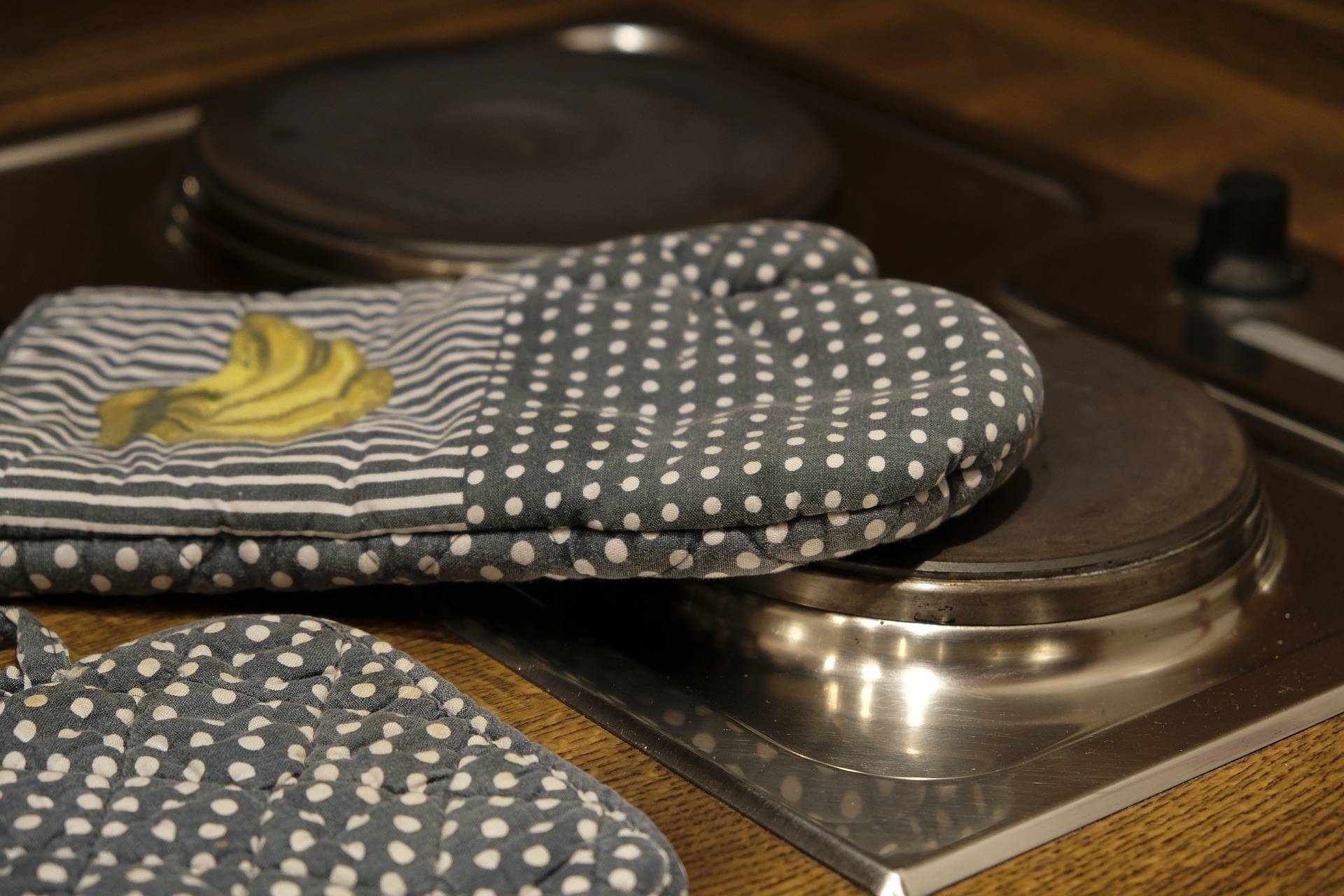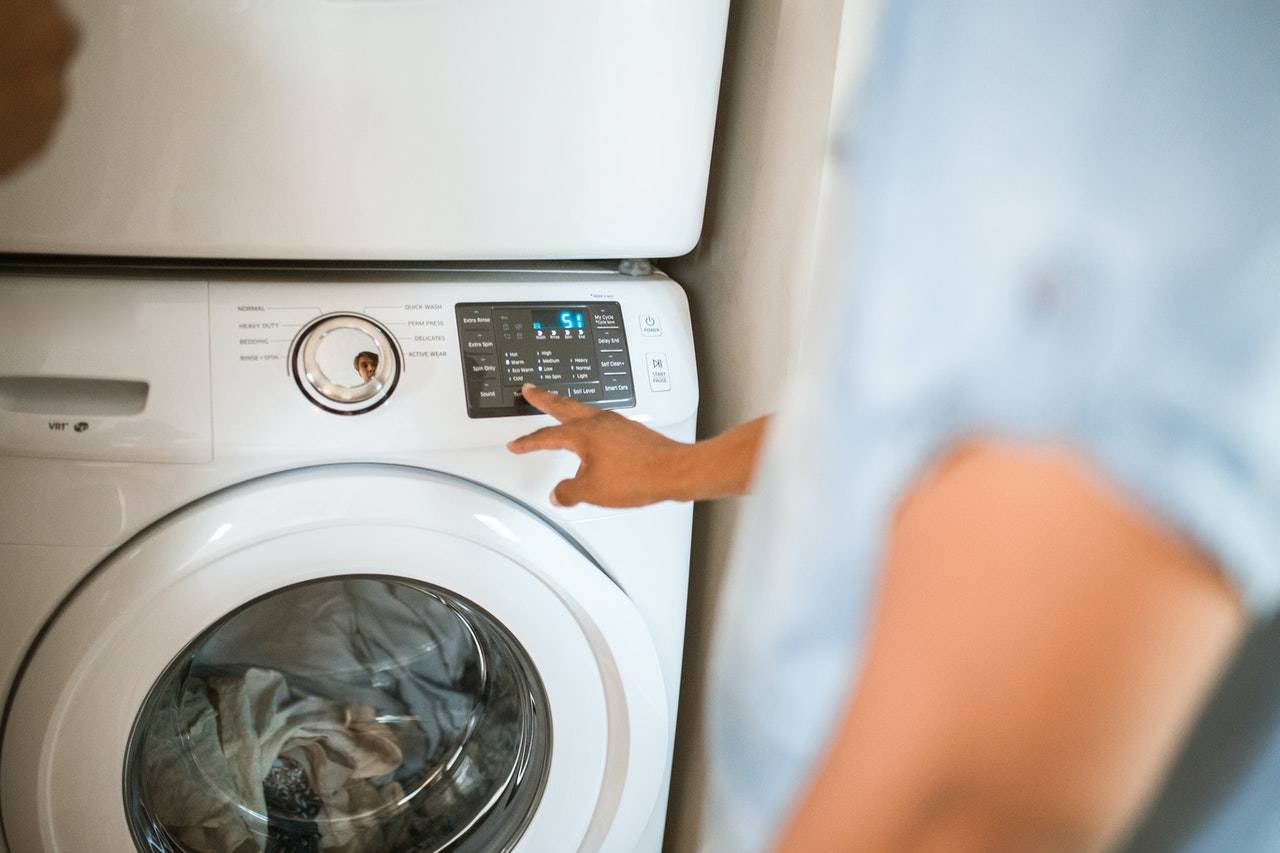Pros:
- Style – One benefit of electric hobs is their looks. Most electric hobs accompany a decent glass cooking surface that can positively add style to any kitchen. Moreover, these smooth surfaces are simpler to clean than their gas partners, which require eliminating burners and plates to tidy up spills.
- Convenience – Another sure part of electric ovens that potential purchasers should think about is their convenience. Force is consistently on with electric hobs, and with a turn of a handle or the press of a button, you’re all set. Further, the smooth ledge of electric ovens offers a strong spot to rest pots and container. They additionally will in general come outfitted with additional room under the stove for capacity.
- Price – Electric hobs cost significantly not as much as gas stoves. Notwithstanding their lower value runs, these stoves regularly accompany minimal set-up and changes required in the kitchen. They essentially plug into a current power source and the power from the home forces them. No compelling reason to introduce exorbitant gas lines or stress over spills not too far off.
Cons:
- Cooking Quality – In spite of the fact that they may be simpler to work and are more affordable to buy than gas hobs, electric stoves will in general prepare food slower than their partners. This is particularly obvious as it’s occasionally difficult to discern whether the stove is on at the appropriate setting since you don’t have an open fire. Nonetheless, you need to know that electric hobs disseminate heat better when baking, and the dry hotness they produce is incredible for simmering.
2. Power Outages – One more significant downside of electric ovens is blackouts. Contingent upon your area, blackouts might be something you manage consistently. Assuming that is the situation, at whatever point the force is down your oven will not work. Furthermore, you also need to know that a few generators don’t have the capacity of fuelling stoves, so even a reinforcement supply of force may not be of any assistance.


